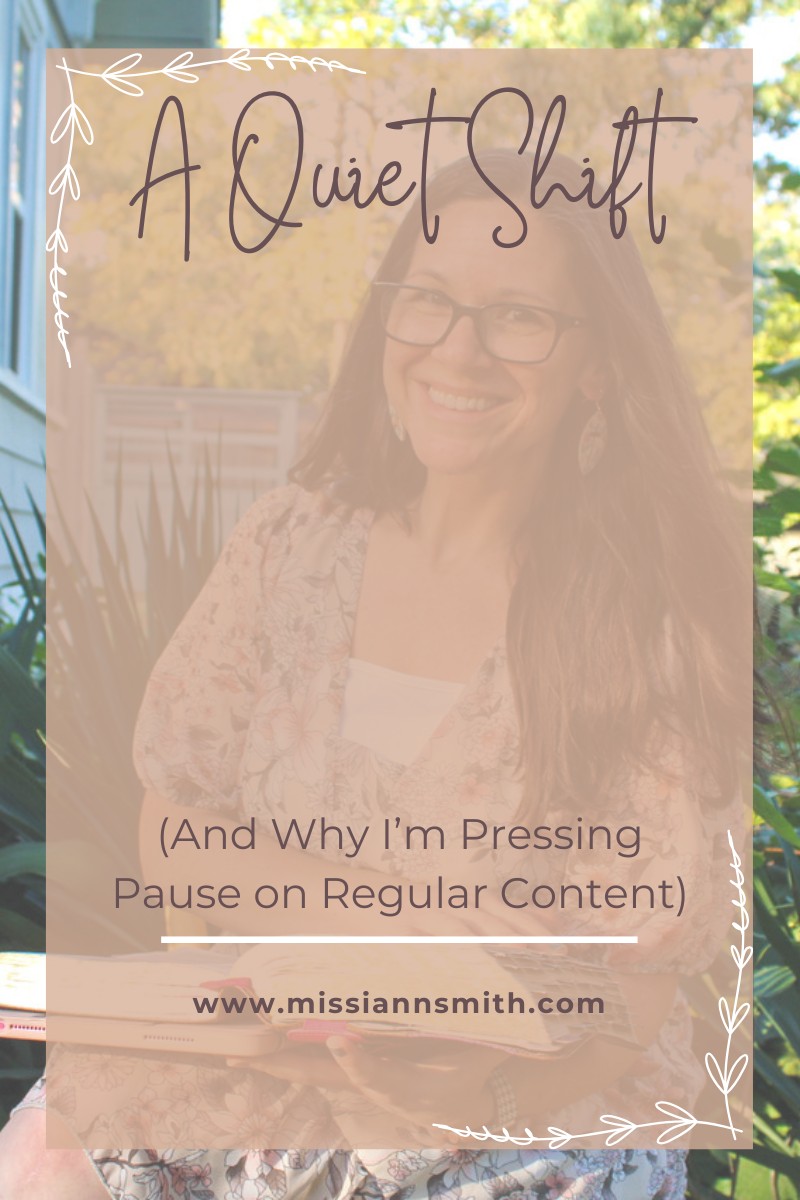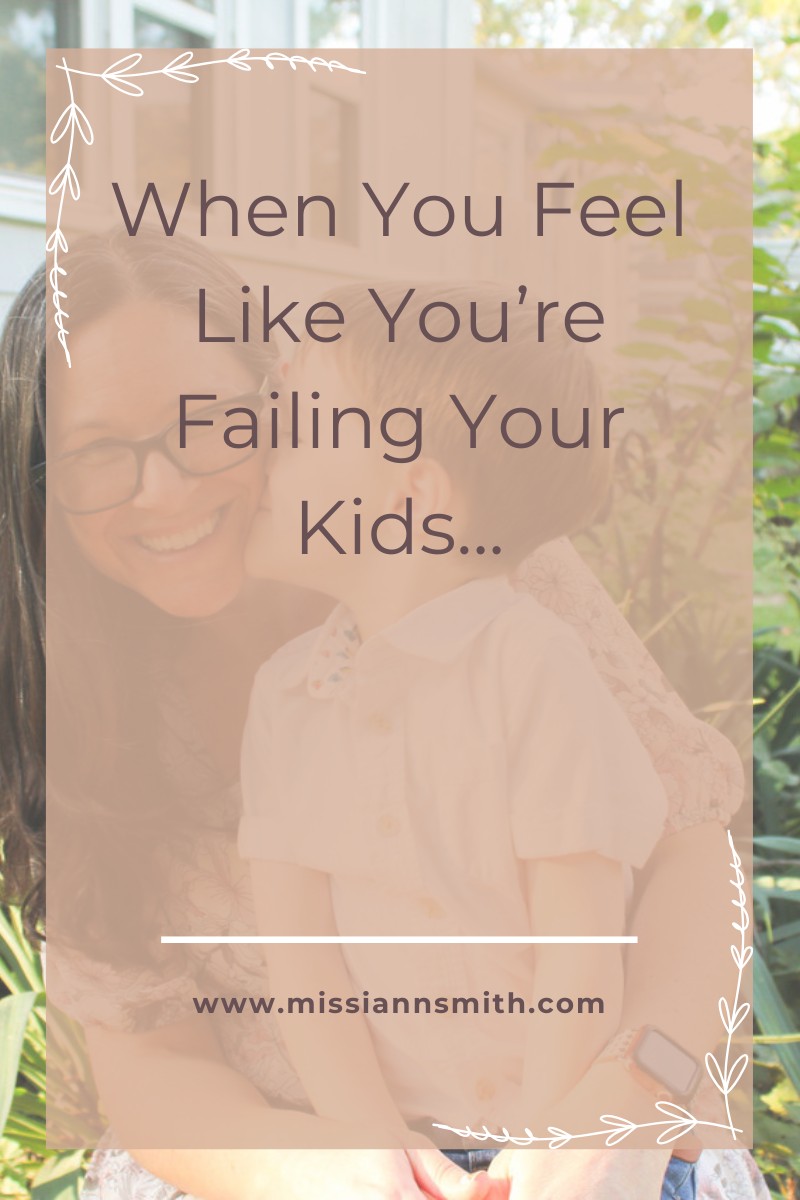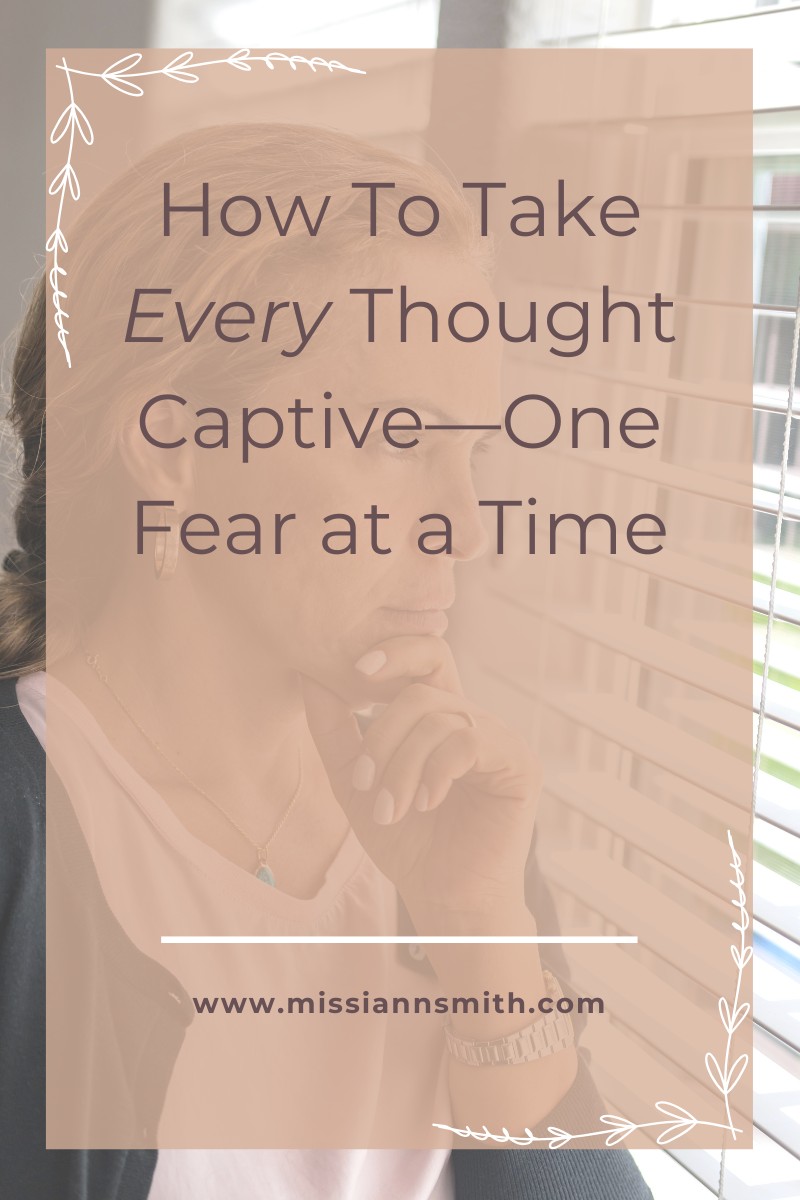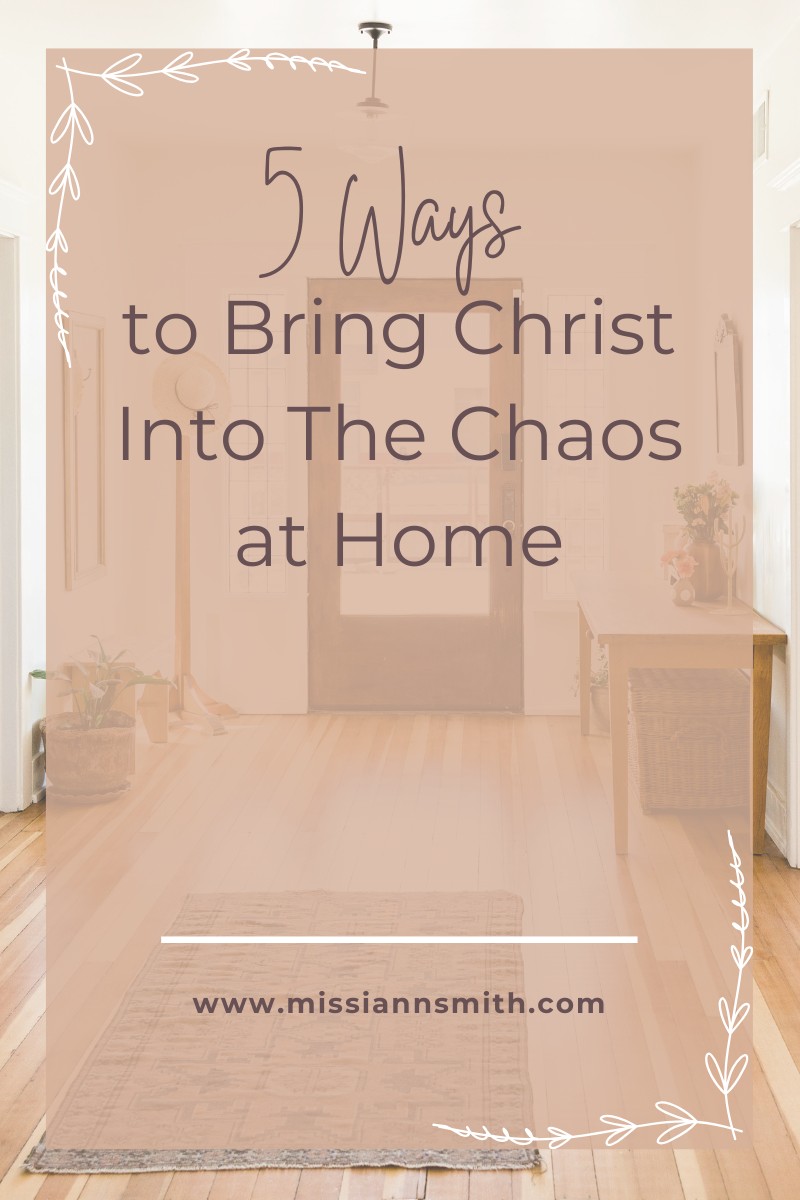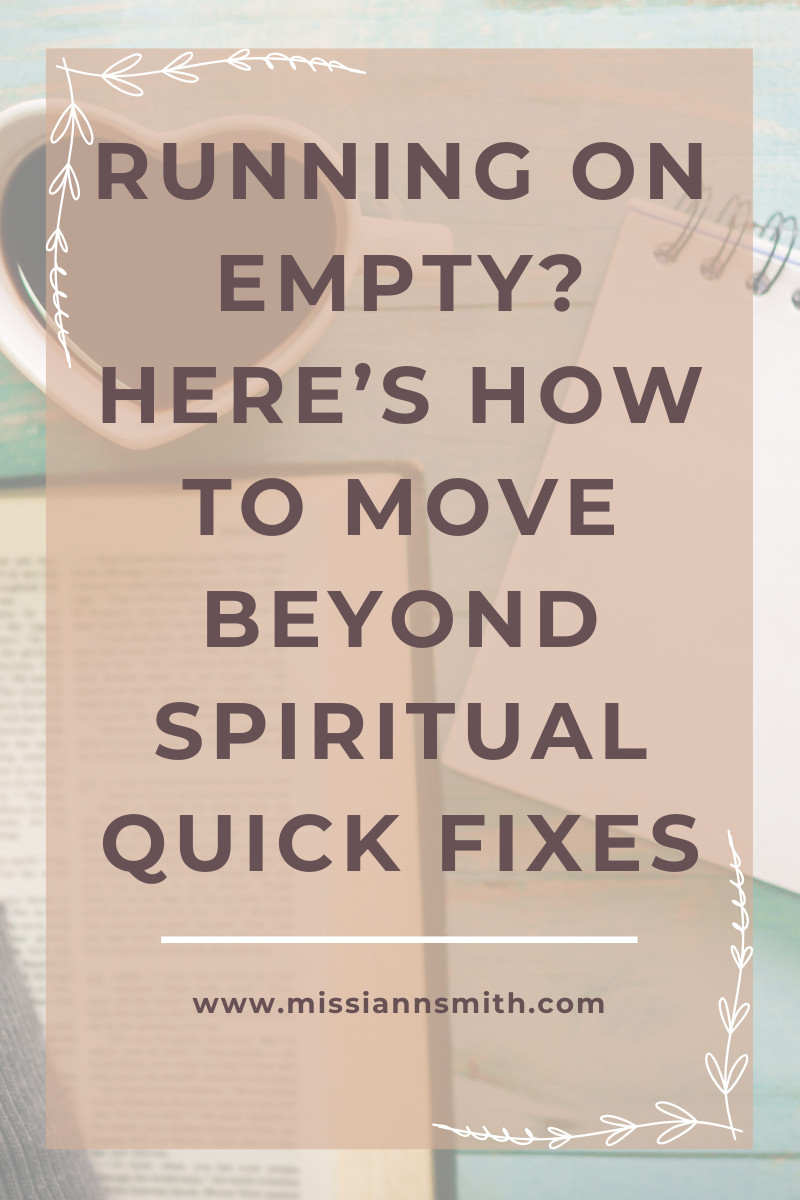
I stared at my Bible, feeling completely lost.
Sure, I'd just finished my devotional for the day, but if you asked me what I'd read, I honestly couldn't tell you.
My mind was already racing ahead to my mile-long to-do list, and that familiar frustration started creeping in.
Why couldn't I focus? Why did my time with God feel so... empty?
Maybe you know exactly what I'm talking about. That nagging feeling that you're just going through the motions.
Reading the devotional? Check.
Quick prayer? Done.
But deep down, you know something's missing.
I remember when it all changed. I was sitting at my kitchen table, clutching my coffee mug like a lifeline, when I finally admitted to myself: I had no idea how to actually read my Bible. Like, really read it.
Not just skim through a devotional or follow someone else's thoughts about a verse.
I wanted to know how to dig into God's Word for myself, how to hear Him speak directly to ME - but I felt completely overwhelmed. Where would I even start?
Here's the truth that changed everything for me: Time with God isn't meant to be a drive-through experience.
You wouldn't build a strong marriage on nothing but quick texts with your husband, right? (Can you imagine? "Hey babe, grocery list. XOXO" 😅)
Yet so many of us are trying to build our relationship with God on the spiritual equivalent of text messages.
The problem isn't devotionals themselves – they're great! But they're like having someone tell you about an amazing feast instead of sitting down to enjoy it yourself. You might learn what's on the menu, but you're missing out on the actual experience of the meal.
Then I discovered something that completely transformed my quiet time: the power of observation.
Now, before you think "I barely have time to read my Bible, let alone study it!" or like me, "I am the worst at observing anything, my brain is so full already!" – hear me out.
Observation isn't about spending hours poring over complicated commentaries. It's simply about learning to notice what's actually there in the text.
And here's the amazing thing: you can do it in just minutes a day.
Let me give you an example. The other day I had exactly three minutes before my little man woke up. Instead of rushing through a devotional or skipping my Bible altogether, I read just two verses.
But instead of skimming, I really looked at the words. I noticed repetitions I'd never seen before. I spotted words that made me go "wait, what?" I found details that suddenly made familiar verses come alive in completely new ways.
That's the incredible thing about intentional observation – it turns routine Bible reading into an exciting treasure hunt.
Suddenly, you're not just checking off a spiritual box; you're discovering new gems in God's Word every single time you open it.
Even if you only have five minutes, those five minutes become incredibly rich and meaningful.
Want to know the game-changer that transformed my quiet time? Finding tools that helped me actually observe what I was reading in Scripture. Not just reading words on a page, but really seeing what was there.
It's like the difference between glancing at a photo and actually studying it – suddenly you notice details you've never seen before.
Here's a super simple way to start right now:
Pick any verse (seriously, any verse!) and ask yourself these questions:
- What words keep showing up?
- Are there any words that surprise me?
- What details jump out that I've never noticed before?
Just these simple questions can start shifting your Bible reading from passive to active.
And trust me, once you start really seeing what's in Scripture, it becomes way less intimidating and way more exciting!
Even better? These observation skills work whether you have three minutes or thirty. They're like a pair of spiritual glasses that help you see God's Word more clearly, no matter how much time you have.
But here's what I really want you to know: you don't have to figure this out alone.
If you're ready to move beyond spiritual quick fixes and learn how to actually study God's Word for yourself, I've got something special for you.
I'm hosting a free Routine to Revival workshop where I'll teach you one simple but powerful Bible study method that focuses on observation – basically, how to see what's actually in the passage you're reading.
(And don't worry, this isn't about becoming a Bible scholar! It's about learning one practical and simple skill you can use with any passage you read, even when you're short on time.)
Registration opens December 26th, and you'll get to choose from three different workshop times that fit your schedule.
In just one session, you'll learn a practical observation method that will transform your quiet time from a routine checkbox to an exciting daily discovery – even if you only have a few minutes.
Ready to stop running on spiritual empty? Click here to get on the waitlist for the Routine to Revival workshop.
Because friend, you weren't meant to just read about God's Word – you were meant to feast on it yourself.
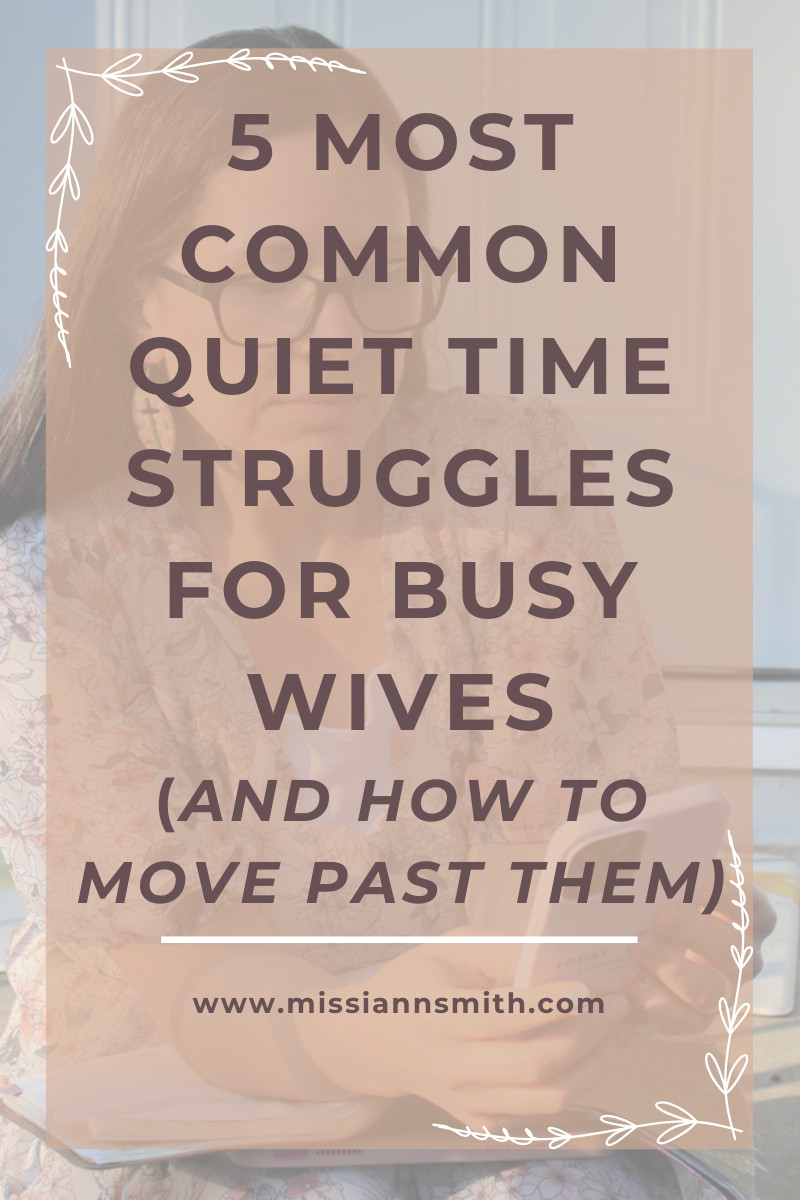
Okay sweet friend, let's have a heart-to-heart about something you and I both face - those moments when your quiet time feels more like a checklist than just spending time with God. I've been there, and I want to share some insights I've learned along the way. ❤️
When Your Quiet Time Needs a Reset: 5 Common Struggles (and How to Move Forward with Grace)
Can I be completely honest with you? Sometimes I still hit those seasons where my quiet time feels disconnected or routine. Maybe you're in one right now and if you are, I want you to know you're normal.
There's so much grace for wherever you are in your journey. And if you're feeling that gentle nudge to deepen your time with God, I want to walk through that with you.
Here are five challenges I've faced in my own walk (and I'm sure you can relate to most of these!):
The Devotional Dependency
Oh friend, I lived here for years! While devotionals and pre-written Bible studies by biblically sound teachers can be beautiful companions to your quiet time (and there's nothing wrong with loving them!), I discovered that relying solely on them was the problem - that was keeping me from experiencing the full richness of God's Word.
Try this instead: Start with just you and your Bible. Pick a passage, even a short one, and ask God what He wants to show you personally. It's like moving from reading someone else's opinions about THEIR Father to receiving your own direct message from your Father.
The Distraction Dance
I'm sure you've been there - trying to read while simultaneously answering texts, making mental to-do lists (or literally putting your Bible down to add to your to-do list!), or getting pulled into family needs. Although it can be frustrating, it's also normal.
Try this instead: I've found that creating what I call a "sanctuary moment" makes such a difference. Find your quiet corner (mine's the couch before anyone wakes up), put your phone in another room (yes, really!), and give yourself permission (or better yet, admonition) to be fully present with God. Even if it's just for 15 minutes, make them focused minutes.
TIP: Don't allow the guilt! Guilt is one way the enemy (or even your own brain) will try to keep you from strengthening your faith. It's EASY to feel like you're ignoring your family or neglecting your "duties", especially if you can't do this before anyone else is awake. Consider this truth: when you make time with the Lord a priority, and your children and husband SEE how important it is to you, they will also see the amazing fruit that results from it, and through your example they will be more inclined to cultivate their own habit of time with God. How incredible is it that you can have that influence over your family, simply by committing to your own quiet time with the Lord?!
The Prayer Skip
Can I share something vulnerable? I used to jump straight into Bible reading because prayer felt... awkward at times. Maybe even (dare I say) boring. I mean, you don't even hear Him audibly respond. But here's what changed everything: thinking of prayer as simply sharing my heart with the One who cares the most to hear it!
Try this instead: Start with "God, please open my eyes and mind to hear and understand what You want to teach me today" and let the conversation flow naturally. It's not about perfect words - it's about showing up with an open heart.
FREE RESOURCE: What helps me stay focused when I pray is having a guided journal, where I can use bullet points (or paragraphs, whatever I'm feeling at the time) to write down my praises, prayers, and requests for various areas of my life. I created this FREE 31-Day Guided Prayer Journal with prompts originally for myself, because I couldn't find one I was looking for, and then I decided to make a version that you could use too! It has 31 different prompts for your husband, your children, and other areas of focused prayer like church leaders or struggling families. It also has space for praises to God, a section for prayers over yourself, and an area for any additional miscellaneous prayers (which is helpful when you're praying daily for something specific like a friend's health or marriage crisis). CLICK HERE to download your FREE copy!
The Rush and Run
In your busy mom/wife life, it's so tempting to speed through your quiet time like you're racing through a drive-thru. But sweet friend, quality is so much more important than quantity.
Try this instead: I've learned that sitting with just a few verses and really letting them sink into your heart can be more transformative than racing through an entire chapter. Give yourself permission to slow down and savor. Don't get me wrong, reading several chapters in order to understand the context of what's happening or being written about is hugely important. But taking a few minutes to savor just a few verses is better than reading an entire chapter and not remembering anything that you read.
The Duty Mindset
This one hits close to home. As a "good Christian wife and mom", it's easy to feel like quiet time and Bible study are things you're just supposed to do. They talk about it on Sunday mornings, you hear about it on social media, and you know that as a Christian, you're expected to fit into that mold of the woman who regularly reads her verse-of-the-day or participates in her women's ministry's Bible study.
Try this instead: When quiet time starts feeling like another task on your to-do list, pause and remember - this is an invitation to spend time with Someone who delights in you. When you feel disconnected, be gentle with yourself. Know that your feelings aren't necessarily truth. Take just a few minutes to linger over one verse, one paragraph, one passage, or one chapter of God's Word. Breathe this prayer: "Lord, help me see this time with fresh eyes. Remind me of your love." Sometimes just shifting your perspective from having to do quiet time to getting to spend time with the One who loves you the most, changes everything. It's part of taking every thought captive to the obedience of Christ.
Remember, sweet friend - this isn't about perfection. It's about progress and presence. Every time you show up to meet with God, whether it's for 5 minutes or 50, whether you're fully focused or fighting distractions, it matters. You're building a relationship, and like any relationship, it has seasons and rhythms.
Are you ready to dive deeper into creating meaningful and transformational quiet time?
I'd love for you to check out my FREE Quieting Your Mind Guide - it's filled with gentle prompts and practical tools I've gathered along my own journey. No pressure, just support for wherever you are in your walk - and you only need a few minutes.
What struggles have you faced in your quiet time? I'd love to hear your story and walk alongside you. Drop a comment below - let's encourage each other in this journey. ❤️
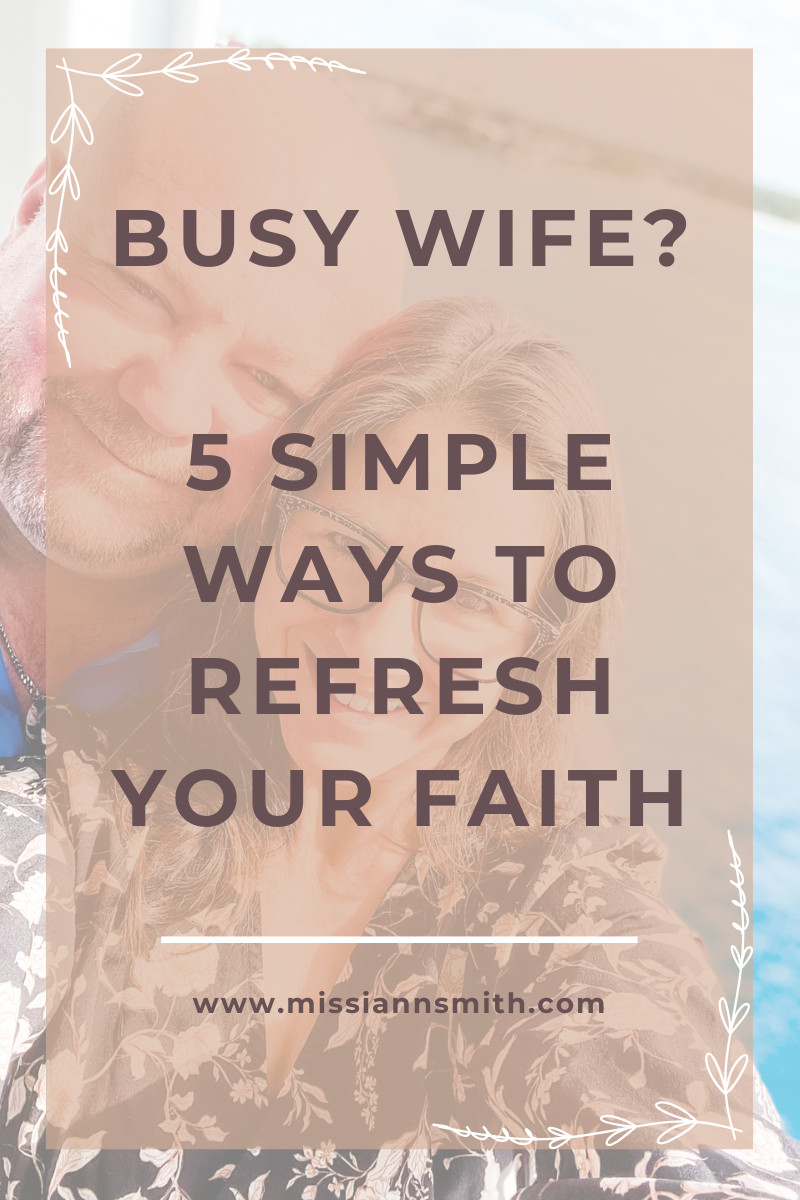
Hey sweet friend, can we talk?
Have you been feeling like your spiritual life is more of a routine than a deepening relationship with God? If so, you're not alone.
Maybe you've found yourself doing all the right things—reading devotionals, nodding along to a podcast, even participating in your church's women's Bible study (AND doing the homework most days!) - but still feeling something's missing.
That deep, personal connection with God? The one where you feel His nearness and you're confident in what He wants you to be doing each day? It feels just out of reach.
Life has a way of doing that, doesn't it?
Between work, marriage, household responsibilities, children, and a million other commitments, our time with God can start to feel like just another item on the to-do list.
But here's the beautiful truth: God is calling you back to a passionate, personal relationship—no fancy qualifications required!
Let's break down some super practical ways to refresh your spiritual life and reconnect with God:
Mix Up Your Quiet Time Approach
Feeling stuck in a rut? It's time to shake things up! If your current Bible reading feels about as exciting as watching paint dry, try something new:
- Try a different Bible translation
- Use a verse mapping method
- Listen to the Bible as an audio version
- Journal your prayers instead of just speaking them (HERE is a free 30-day guided prayer journal for you!)
- Use a chronological Bible reading plan
Create a Space that Invites Connection
Your quiet time doesn't need to look Instagram-perfect, but it should feel intentional. Maybe that's:
- A cozy corner with a comfy chair
- A small table by a window
- Your favorite mug filled with coffee
- A journal and pen nearby
- A playlist of worship music that helps you focus
Embrace Imperfect Spiritual Moments
Some days, your quiet time might be messy. And that's okay! Maybe it's:
- Praying throughout your morning routine
- Reading one verse and really letting it sink in - focusing on just one or two specific words and researching the author's intended meaning by looking up the original language with a concordance
- Listening to worship music or sermons during your commute
- Talking to God while doing household chores
Get Curious About God's Word
Approach Scripture like a fascinating book you can't put down. Ask questions. Be surprised. Look for:
- What's happening in this passage?
- What does this reveal about God's character?
- How might this apply to my life right now?
Give Yourself Grace
Your spiritual journey isn't a competition. Some seasons will feel more connected than others, and that's completely normal.
What matters is your heart's desire and intentionality to know God more deeply.
Practical Tip: Start small. Commit to just 5-10 minutes a day. Consistency matters more than perfection. Remember, God isn't scoring your quiet time—He's just excited to spend time with you.
Feeling a bit overwhelmed? I've got you! I've created a free "Quieting Your Mind" guide filled with practical tips to help you reconnect with God - even in the smallest moments available. It's like a spiritual jumpstart for those days when you're feeling stuck.
The most important thing? You are loved. Exactly as you are. Right now.
God isn't waiting for you to get it perfect—He's waiting to meet you right where you are.
Your faith journey is a beautiful, ongoing conversation. And the next chapter? It starts today.

Sweet friend, can we chat about something life-changing for a minute?
It’s no secret that marriage has its ups and downs. But what if I told you that the biggest game-changer for your marriage might not be a new communication strategy or more date nights (though those are great), but something far simpler: time with God.
When you make Bible study a daily, life-giving habit, something incredible happens.
God’s Word begins to shape your heart, soften your rough edges, and give you wisdom and patience you didn’t know you needed.
You become more rooted in His love, which empowers you to love your husband in a deeper, selfless way.
Your eyes are opened to the truth of God's design for marriage. As you live out the role He's placed you in as a wife, you begin to experience the blessings that result from obedience to His design.
And when you approach our marriage from a place of spiritual fullness, it shows. You’re slower to anger, quicker to forgive, and more thoughtful in how you love, serve, and respect your husband.
It’s not that Bible study magically fixes everything, but it changes you.
As you study, learn, and apply God's truths to your life, the Holy Spirit fills you up so that you can pour out love, grace, and understanding in your marriage.
Scripture gives you the tools to respond with kindness when your fleshly reaction might have been frustration.
It offers you a new perspective, allowing you to see your husband through the lens of God’s love and grace.
The most beautiful thing is that the closer you grow to God, the more your marriage can thrive.
When you spend time in God’s presence, your heart becomes more aligned with His will.
You develop a deeper sense of humility, compassion, and a genuine desire to serve your husband—not because you have to, but because God’s love overflows from within you.
If you’re longing to experience this kind of transformation, in your heart AND in your marriage, I encourage you to start by downloading my free Quieting Your Mind Guide.
It’s packed with simple steps to quiet the noise of life and hear from God, so you can start building a quiet time routine that blesses both your faith and your marriage.
Let’s invite God to do a beautiful work in our hearts that will ripple into our marriages and homes!
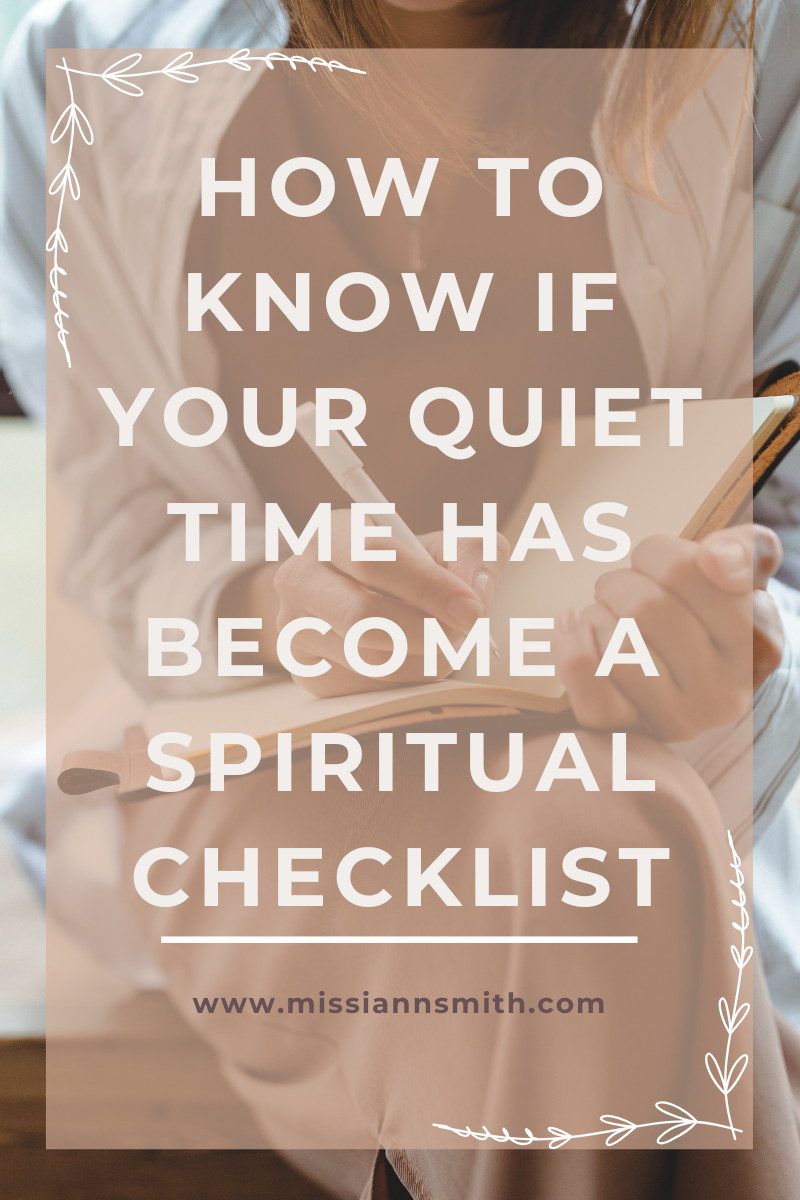
Is this you?
You sit down for your quiet time, rush through a few Bible verses or a quick devotional, throw up a prayer if you remember, and then hurry on to the next task on your to-do list.
And you can't remember a single thing about what you read.
If so, welcome to the club of “spiritual checklist Christianity!”
I’ve been there more times than I’d like to admit.
Here’s the thing: Time with the Lord was never meant to be just another box to check off. It’s supposed to be a sacred time of connecting deeply with God, hearing His voice, and letting His Word change you.
But sometimes, life gets so busy that our quiet time becomes one more thing we “have” to do, rather than something we treasure.
We feel the pressure to perform rather than the freedom to just be in God’s presence.
So, how can you tell if your quiet time has become routine rather than relational (or better, transformational)?
Here are a few signs that it's routine:
- You feel obligated rather than excited to open your Bible
- You feel like you just don't have time most days for more than a single verse-of-the-day
- You walk away feeling unchanged, like you’ve only skimmed the surface of something deeper
- You can’t remember what you read an hour later, let alone live out the truths you encountered
If any of these resonate, I get it. I've been there.
But these signs are NOT condemnation; rather, they are gentle nudges to make a change—to realign your heart with the purpose of spending time with your Creator.
He knows your deepest desires. He knows how much you long for a thriving marriage, confidence in your parenting, authenticity in your friendships, peace in your everyday, and joy in the mundane.
The question then is, HOW can you experience meaningful, life-giving quiet time again?
Here are a few tips:
- Start by slowing down, inviting the Holy Spirit to guide you, and using tools that help you focus on what God's Word actually says.
- Pray before you begin, asking God to give you a fresh hunger for His Word.
- Take time to journal, reflect, and meditate on a passage.
- Learn different study methods so that you can find the one that works best for you and your learning style.
- Consider incorporating worship music or simply sitting quietly, soaking in the love and grace of Jesus.
- Don't feel obligated to "complete" studying a verse or passage in one sitting - I've taken up to a week to journal out a single passage because I really wanted to dig in and study it deeply, for as much time as I had available each day (which some days isn't much).
My Quieting Your Mind Guide is designed to help you get started. It includes practical steps to minimize distractions, prepare your heart, and create a sacred space for God to speak to you.
Download it for free and take the first step toward a more relational, impactful quiet time.
You can move from a place of duty to a place of delight, where meeting with God becomes the highlight of your day!


